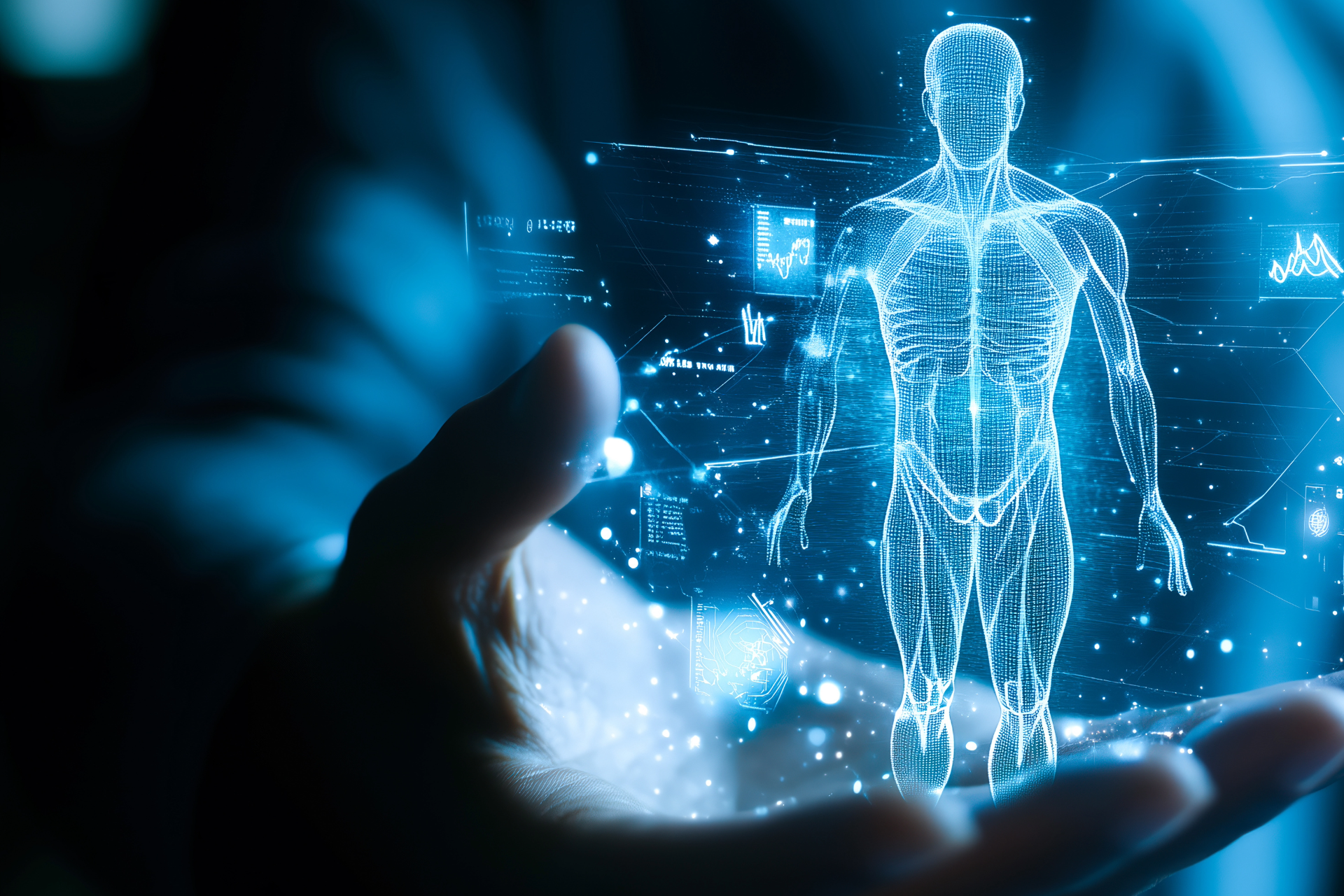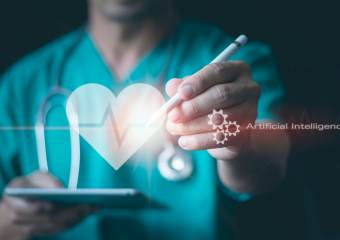AI Revolutionizes Global Health: Stunning Cross-Border Insights
Cross-Border Intelligence: Harnessing AI for Global Health Systems
Cross-border intelligence, particularly when enhanced by Artificial Intelligence (AI), is revolutionizing healthcare systems around the world. With the growing complexity and interconnectivity of global health issues, AI’s role in cross-border health initiatives is becoming indispensable. This technology’s capability to sift through massive amounts of data transcends geographic and systemic boundaries, enabling a more unified approach to disease prevention, diagnosis, and treatment on a global scale.
The Role of AI in Global Health Surveillance
One of the most critical applications of AI in global health is in the area of health surveillance. Traditional surveillance methods are often limited by delays in data reporting and may not effectively capture real-time dynamics of disease spread. AI algorithms excel in aggregating and analyzing data from diverse sources including online news, social media platforms, and official health reports, to monitor and predict disease outbreaks much quicker than traditional methods.
For example, AI systems can detect patterns and anomalies in disease occurrences that would be impossible for human analysts to find in a timely manner. By forecasting potential outbreaks, countries can implement preemptive measures to contain diseases before they spread extensively. This rapid response capability is crucial, especially in regions where healthcare resources are scarce.
Enhancing Diagnostic Accuracy Across Borders
AI’s impact extends significantly into diagnostics, where its potential to assist in accurate and timely diagnosis can save lives by ensuring early treatment. AI-powered tools are particularly useful in regions suffering from a shortage of medical professionals. These tools can help in interpreting medical images, such as X-rays or MRI scans, with a level of precision that matches, and sometimes surpasses, that of human experts.
Furthermore, AI systems are being developed to support the diagnosis of diseases that are prevalent in specific regions by learning from vast datasets of local patient information. This not only improves the accuracy but also the relevancy of diagnostic solutions offered across different geographical locations.
Streamlining Operations and Care Coordination
AI technologies are also making strides in streamlining operations and care coordination in health systems that extend over multiple countries. Through the power of machine learning, AI systems can optimize hospital workflow, manage patient data across borders, and ensure that the healthcare delivery is both efficient and cost-effective.
For instance, AI can automate administrative tasks such as scheduling, billing, and compliance across health systems, allowing medical staff to focus more on patient care rather than paperwork. Furthermore, AI-driven analytics can help in resource allocation by predicting patient inflow, which is particularly beneficial for managing healthcare in regions facing fluctuating disease patterns due to seasonal changes or other factors.
Challenges and Considerations
Despite the promising benefits of AI in enhancing global health systems, there are significant challenges and ethical considerations that must be addressed. Data privacy is a major concern, especially when patient data cross international borders. Ensuring that AI systems comply with the varying data protection laws of different countries is crucial.
There is also the issue of bias in AI algorithms, which can occur due to disparities in the data on which the AI systems are trained. This can lead to misdiagnoses and unequal healthcare service provision, especially in underrepresented populations. Efforts must be made to ensure that AI systems are fair and inclusive of diverse global populations.
The Future of Global Health: AI at the Forefront
As we move forward, the integration of AI into global health systems promises not only to enhance disease management and prevention but also to democratize healthcare access worldwide. It enables a shift from localized, isolated health responses to a more cohesive, informed approach that can benefit disparate populations equitably.
In conclusion, while there are hurdles to overcome, the potential for AI to transform global health is immense. From improving disease surveillance and diagnosis to optimizing healthcare operations and ensuring efficient care coordination, AI stands as a pivotal element in the future of healthcare across borders. Engaging with these technologies thoughtfully will determine the extent to which global health systems can use AI to combat existing and emerging health challenges effectively.




